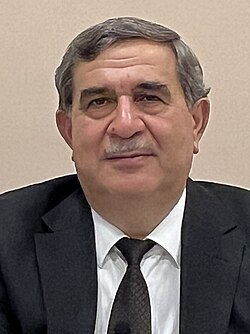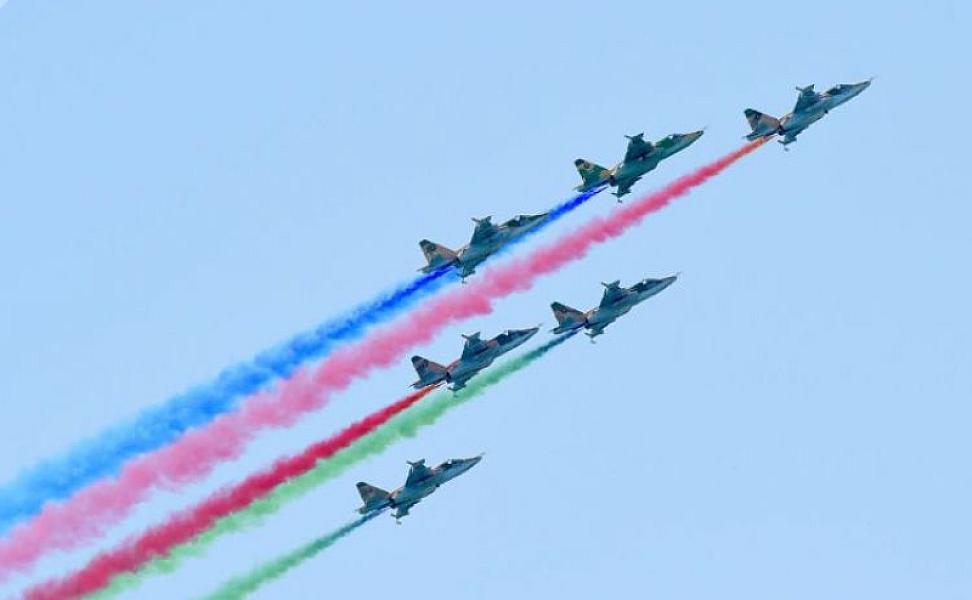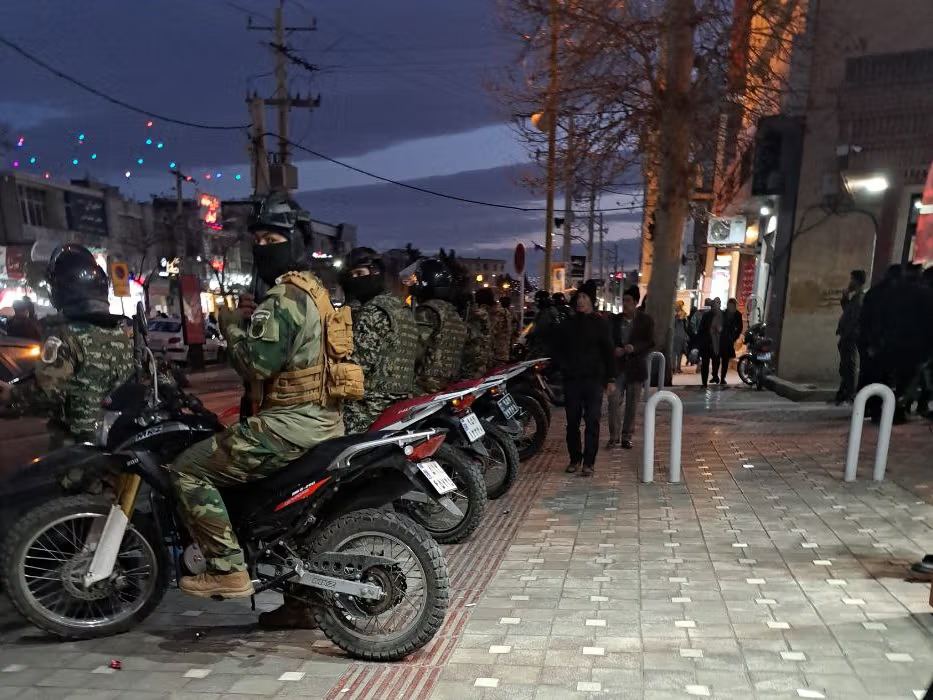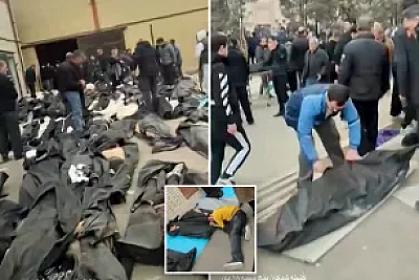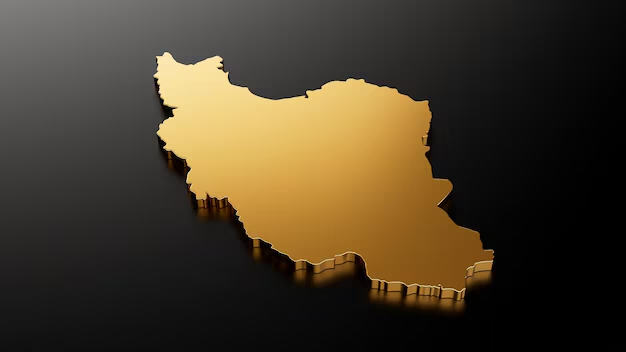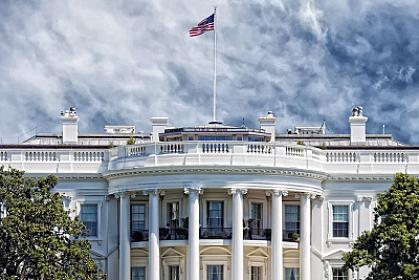The emergence of the Organization of Turkic States as a unified power center is a necessity dictated by modern geopolitical realities. Indeed, in the current geopolitical environment, there is a process of reallocating spheres of influence among major power centers worldwide, accompanied by a sharp and rapid polarization of the world.
China's involvement in the geopolitical confrontation between the US, Europe, and Russia conditions the formation of new global and regional power centers.
The geography of Turkic states is a place where geopolitical interests collide more intensely. The aggressive policy of Israel in the Middle East and the increasing diplomatic activity of Iran are also factors that must be taken into account.
Such a situation makes it current for the Turkic world to come together and emerge as a unified power center. The independent activity of Turkic states is practically impossible in terms of enduring geopolitical competition.
The Turkic world can only emerge safely from this geopolitical struggle, ensure its common interests by becoming a unified power center, become an active actor in regional politics, and compel other power centers to take its joint interests into account.
The relations among the members of the Organization of Turkic States include all possible areas of interstate relations, including military-technical cooperation and the holding of joint military exercises. So far, several joint military exercises have been conducted involving Azerbaijan, Turkey, and other Turkic states. However, these military exercises have a bilateral character.
At the Gabala summit, it is proposed to hold multilateral military exercises with the participation of all members of the organization. This can be evaluated as a transition to a new stage of political and military cooperation among Turkic states.
Joint exercises increase the professionalism of the armed forces of the Turkic states, form experience in coordinating joint actions, and help establish unified standards in the material-technical and weapon supply of the armies.
Of course, holding joint exercises does not yet mean the creation of a unified pan-Turkic military alliance. However, conducting joint exercises can be one of the first steps towards creating a pan-Turkic military alliance (sometimes also called the "Turkic NATO" in certain circles).
It should also be noted that today, within the Turkic states, Turkey is the most militarily developed and is a member of NATO.
Azerbaijan, while giving priority to bilateral military cooperation, is not represented in any military bloc. The Turkic states of Central Asia are members of the Collective Security Treaty Organization, known as the "Russian NATO."
Therefore, although the creation of a pan-Turkic military alliance is highly desirable, its realization in the near future seems difficult. Even if this realization is in the distant future, it already instills fear in the US, Europe, Russia, China, Israel, and Iran.
Qulamhuseyn Alibeyli
